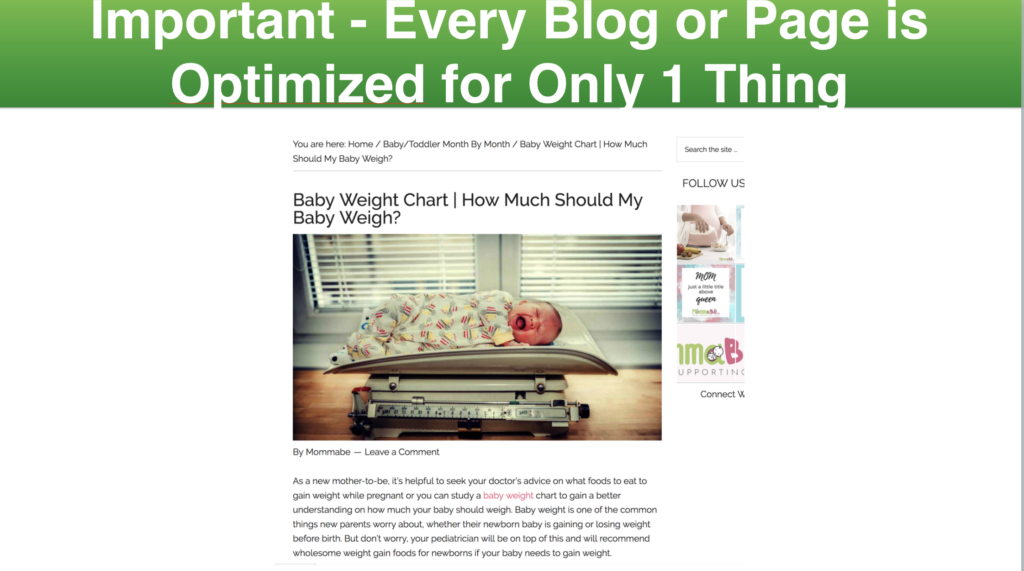Content Marketing – The One Night Stand VS The Long Term Relationship
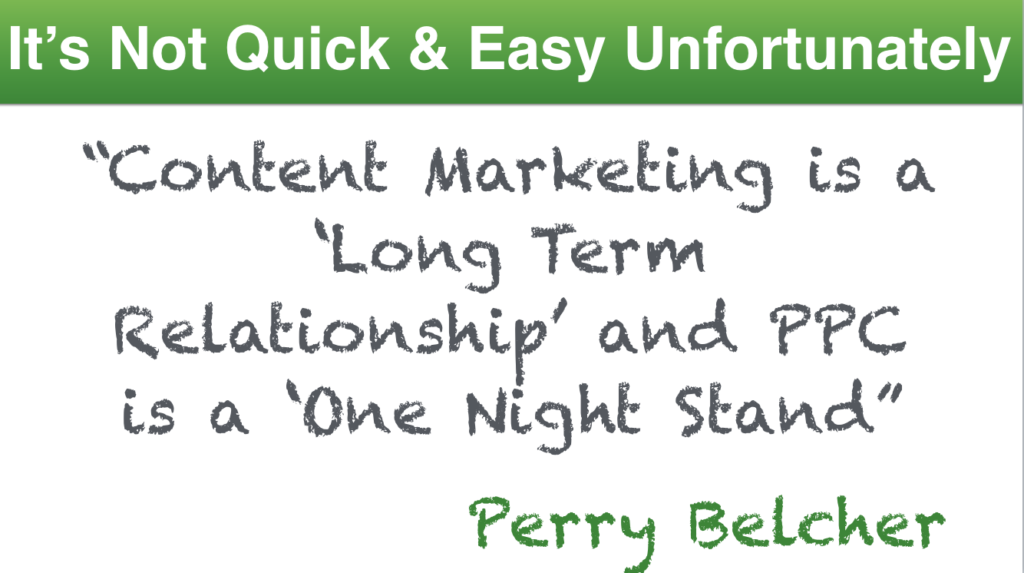
Content marketing is really like a ‘longterm relationship’ and PPC is like a ‘one night stand’ as described by marketing coach, Perry Belcher. Both are great, but you’ve just really got to decide which one you want.
PPC (buying traffic) can bring a spike and hopefully you can maintain it long term, but the organic stuff, well, it’ll just build up over time if you do a good job on it. So that’s why PPC is instant gratification. And the organic stuff is slow and it’s not really that sexy, but over time it’s worth just plugging away at, even if it’s an article a week or an article a fortnight. Start by figuring out what you want to rank for and then create pages on those topics.
We have a ‘Mummy’ blog and we have a professional content team building that out. It’s not cheap at around seven grand a month, U.S. You might think, ‘well that’s crazy. Why does he spend that much money on content?’ Presently we’re only in month three or so of that particular engagement and we’re not really going to make much, initially, but what we’re doing is building that out longterm, so it becomes a big media property with hundreds of thousands of visitors a month. Of course, you don’t need to spend thousands on a professional content team like we are, it just depends how fast you need the content and what resources you’ve got in your own business to build out the content.
How Can I Be The Most Helpful To My Market?

For us, the long term relationship is the goal with our mummy blog and the phrase that we have built this blog around when we designed our content is ‘how can I be the most helpful to my market?’
We have figured out what is it that our market really, really wants and then ‘how can I be the most helpful to my market by giving them that information?’ In our case, we’ve created a ‘week by week’ of what’s happening in the first trimester and second trimester and third trimester of pregnancy. Once the baby is born, we then have a ‘month by month’ of what’s happening with your baby. This is available on the blog, however people can sign up to receive the updates weekly via email as well. So those kinds of resources offer great value. The end goal is giving away some of your best stuff and giving people exactly what they’re looking for because Google has a job and that’s to match up what people are looking for with high quality content. Basically, if someone searches for a phrase, Google is looking for what is the very best blog article or what is the very best page on that individual phrase. Then what’s the second best. Then what’s the third best and so on. So that’s why quality matters and the phrase you are trying to rank for matters.
Tools to Determine What Content People Are Searching For
WordTracker
Here’s an example from marketing coach Perry Belcher. So he was trying to rank for switchblade laws but he only had 260 searches a month. But trying instead ‘are switchblades legal’, that was 590 searches a month in comparison. So it was double the amount of searches, but it was the same sort of topic that people were searching for. So he’s effectively created an article about the same thing, on a state by state basis in America ‘are switchblades legal?’. Perry was shipping out credit card knives as a tripwire offer, ‘your free plus shipping credit card knives’. At 8 or 9k a day he joked to his mum he was putting more knives on the street than any man in America. But Google ended up not liking it and Facebook doesn’t like it. Check out the blog, survivallife.com. That’ Perry’s blog. While the subject matter isn’t exactly my cup of tea, the blog itself is best practice and you should definitely look at what they’re doing.
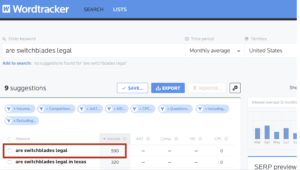

Answerthepublic.com
This tool, answerthepublic.com. allows you to type in your phrases or keywords and basically what it shows you is what are all the questions that people are asking in your market place. Each one of those, effectively becomes like a blog post.
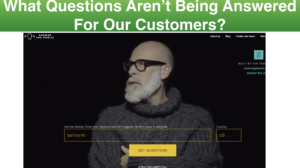
Google Keyword Planner & Predictive Search
Google also has a tool called Google keyword planner. That’s Google’s free tool of what people are searching for and it will show you exactly how to get the keyword terms that people are searching for Google.

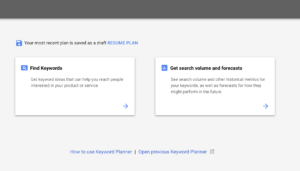
Build a Moat Around Your Business
Once you’ve figured out what your subject matter is, you wrote articles for each of your main keywords (it might take you a while, I know Perry just started out writing one a week). The thing is, over time, most people aren’t willing to do that. So it comes down to : “Are you willing to do what other people aren’t willing to do, to get results that other people want but they’re not willing to get”, you know what I mean?
Building up valuable content over time in this way, builds a moat around your business. Think about it like this: If you had a castle and you didn’t have a big wall and your castle didn’t have a moat…. effectively someone else can take over your realm, right? But if you’ve got a big wall and you’ve got a moat around it, you’ve made it really hard for anyone to compete.
Quality Over Quantity. Slow and Steady Wins
Some people think the best strategy is to churn out as many blog posts as possible. Yes and no. You really need to put out quality. It’s better to do less, but to make it more comprehensive on the subject.
Setting Up Your Blog Post for SEO Best Practices
Keywords in Headline
A blog post is only about one topic. So if you see this example below:
what keywords are we trying to rank for? We’re trying to rank for baby weight chart. So the keywords that we’re trying to rank for go at the beginning of the headline and then the second part is kind of like a sub head.
Headline Tags
Headline tags basically just tells google what’s important when its crawling your page. Your main headline should be set to H1 and your sub headlines as H2 in your formatting options. This tells Google what the page is about really, really quickly and they’ll know what to rank you for.
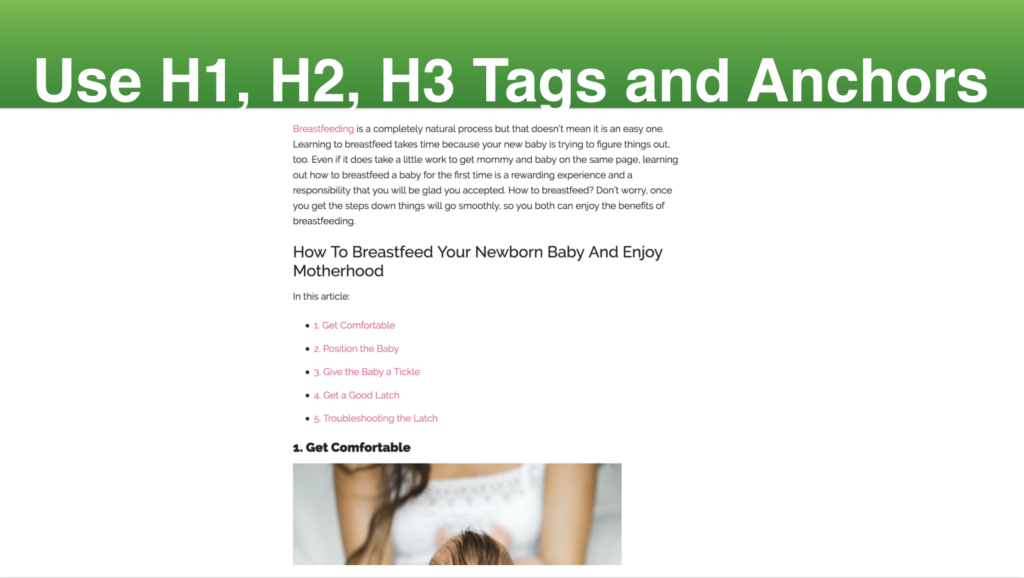
Anchors
If you’ve got multiple sections in your blog, often you’ll see the sections in the article first, which then anchor to that section in the post when clicked on,
If I had to say anything about blog writing, content sharing and SEO organic ranking, the things to keep in mind are: what are we ranking for? And are we building the most comprehensive post on it? Are we pulling in as many mediums as possible?
Remember, Google know whether people are going to go to your page. They know whether people are staying on it, they know whether people scroll, they know whether people watch the video on your page so they know whether it’s quality or not. So that’s basically how you would get stuff to rank. Of course, once we have created the perfectly crafted piece of content, then it’s time to share this to our audience to get traction.


